What Do Coilovers Do?
Coilovers are a popular suspension upgrade among automotive enthusiasts, popularized for their ability to enhance handling, adjustability, and overall performance. But what exactly are coilovers, and how do they work? In this blog post, we'll dive into the intricacies of coilovers, exploring their function, components, and benefits to help you gain a better understanding of these versatile suspension systems.

1. Overview of Coilovers:
At its core, a coilover combines a coil spring and shock absorber (damper) into a single unit, hence the name "coilover" (coil-over-shock). Unlike traditional shock and spring setups, where the two components are separate entities, a coilover integrates them into a compact and cohesive unit. This design offers several advantages, including improved packaging, simplified installation, and more precise suspension tuning.
2. Functionality and Operation:
The primary function of a coilover is to control the movement of the vehicle's suspension, effectively managing weight transfer, damping oscillations, and maintaining tire contact with the road surface. The coil spring supports the weight of the vehicle and provides vertical support, while the shock absorber regulates the compression and rebound motions of the suspension. Together, they work in tandem to absorb bumps, reduce body roll, and enhance overall stability and control.
3. Adjustability and Tuning:
One of the key benefits of coilovers is their adjustability, allowing drivers to fine-tune various aspects of their vehicle's suspension to suit their driving preferences and performance goals. Most coilovers feature adjustable ride height, which enables drivers to lower or raise their vehicle's stance for improved aesthetics or optimized handling characteristics. Additionally, many coilovers offer adjustable damping settings, allowing drivers to tailor the suspension's response to different road conditions or driving environments, whether it's daily commuting, spirited driving, or track use.
4. Components of a Coilover:
A typical coilover assembly consists of several essential components, each playing a vital role in its operation and performance. These components include:
- Coil Spring: Provides vertical support and determines the vehicle's ride height and spring rate.
- Shock Absorber: Controls the movement of the suspension by dampening oscillations and regulating compression and rebound forces.
- Upper Mount: Attaches the coilover assembly to the vehicle's chassis or strut tower, providing structural support and allowing for suspension articulation.
- Lower Mount: Connects the coilover assembly to the vehicle's suspension components, such as the control arms or knuckles, and facilitates vertical movement.
5. Benefits of Coilovers:
Investing in coilovers offers several benefits beyond just improved handling and adjustability. These include:
- Enhanced Performance: Coilovers provide more precise control over suspension movement, resulting in improved handling, cornering stability, and overall performance.
- Customization: With adjustable ride height and damping settings, coilovers allow drivers to tailor their vehicle's suspension to their specific preferences and driving style.
- Durability: High-quality coilovers are engineered to withstand the rigors of daily driving, spirited cornering, and occasional track use, offering long-lasting performance and reliability.
- Aesthetics: Lowering your vehicle with coilovers can enhance its visual appeal by reducing fender gap and giving it a more aggressive stance.
Conclusion
In conclusion, coilovers play a crucial role in shaping the handling characteristics and performance of a vehicle, offering a balance of adjustability, functionality, and durability. Whether you're seeking improved handling on the street or enhanced performance on the track, coilovers provide a versatile solution that can elevate your driving experience to new heights.


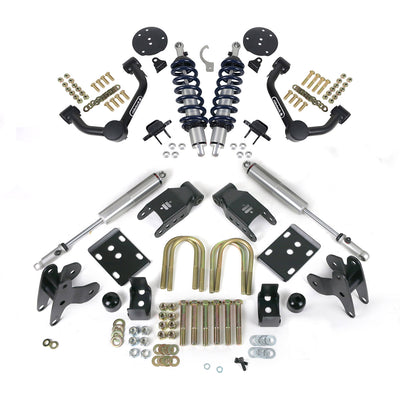
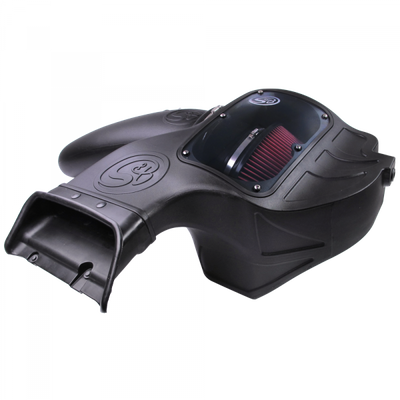
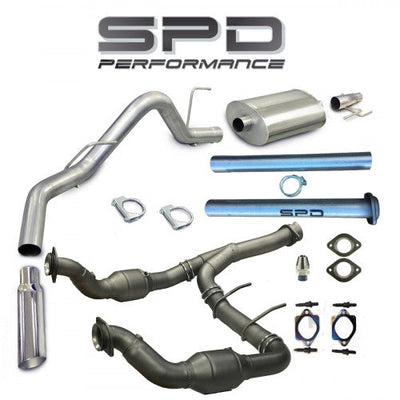
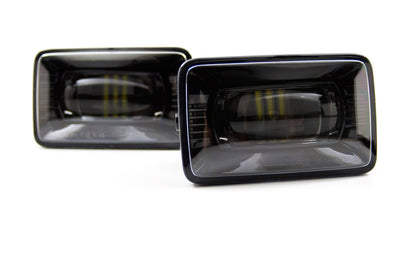

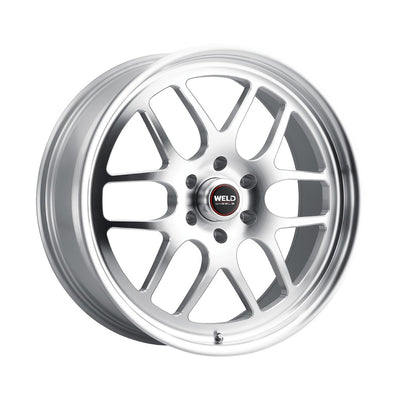



Leave a comment